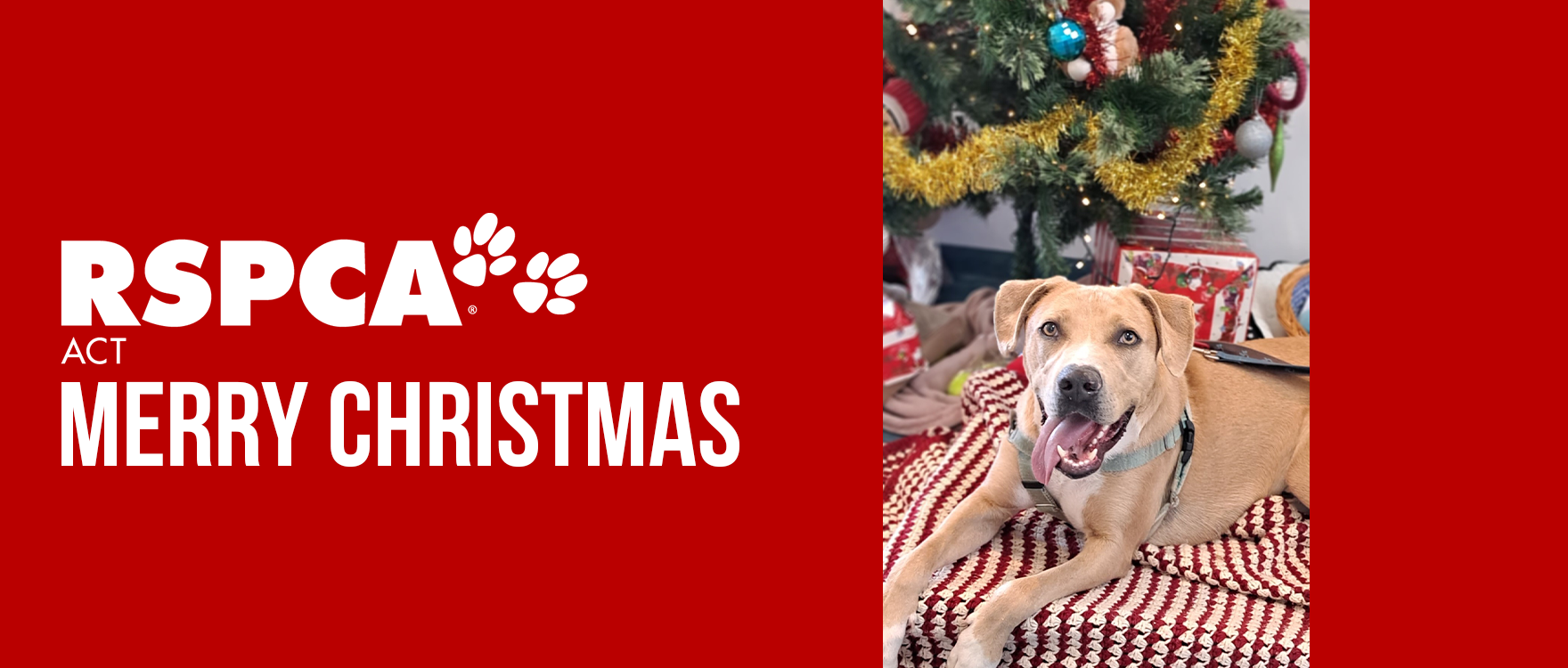The festive season is full of family gatherings and social celebrations. A common theme to many of these festivities … lots of food! While a little overindulgence may hurt our waistlines (and trigger some New Year’s resolutions), overindulgence for our pets can be much more dangerous. This is the second in a series of three articles looking at common holiday hazards for pets. Today the focus is on dangerous delicacies, and some top tips to keep your furry friends safe and well.
Hazard #1: Fatty foods- like ham and bacon
The problem: Pancreatitis. A sudden high fat meal is one of the classic causes of pancreatitis (inflammation of the pancreas). The most common symptoms of pancreatitis are loss of appetite, pain, vomiting and diarrhoea. In severe cases pancreatitis can be life threatening.
Hazard #2: Christmas treats- chocolate, macadamias, grapes, and raisins (e.g. in Christmas cake)
The problem: Toxicity. These treats are toxic to cats and dogs, as are many other human foods including onions, garlic, and foods containing xylitol (an artificial sweetener found in sugar-free chewing gum, cake mixes and other products). Symptoms of toxicity will depend on the type of food and the amount eaten but can include vomiting, diarrhoea, tremors and seizures.
Hazard #3: New foods and too much food
The problem: Dietary indiscretion. Whether it is due to deliberate feeding of scraps or leftovers or treats; or due to scavenging from bins or children or unattended food; dietary indiscretion can cause a stomach upset, vomiting and/or diarrhoea.
Hazard #4: Corn on the cob; mango, avocado or stone fruit seeds
The problem: Intestinal obstruction. These objects are large enough that they can get stuck in the small intestine and cause an obstruction. Symptoms include vomiting, pain, and a loss of appetite.
Hazard #5: Cooked bones and meat skewers
The problem: Intestinal injury. While no bones are completely safe, cooked bones are more likely to splinter, resulting in sharp points that can cut into the gut wall. Similarly, dogs can and will (believe it or not!) swallow meat skewers. These can stick through the gut wall and cause all sorts of harm.
Top tips to avoid these problems:
#1: Stick to your pet’s normal feeding regime. While it can be very tempting to share your bounty with your best friend, it is safest to show your love in other ways.
#2: If you decide your pet does need a treat- make sure they are pet safe. Stick to brands you know and trust as in the past there have been health issues associated with imported pet treats.
#3: If young kids are around, keep your pets separate during meals and snack time. Kids are guaranteed to drop things no matter how many times you tell them to be careful!
#4: Keep any treat containing advent calendars up high and out of reach.
Hope these tips help you enjoy your festive fare in a pet-safe way this Christmas! We’ll be talking about some common “merry misadventures” in the next article, so check back soon.
Disclaimer: The information and advice in this post is general in nature. It is not intended as a substitute for tailored health care advice from your regular veterinarian.

